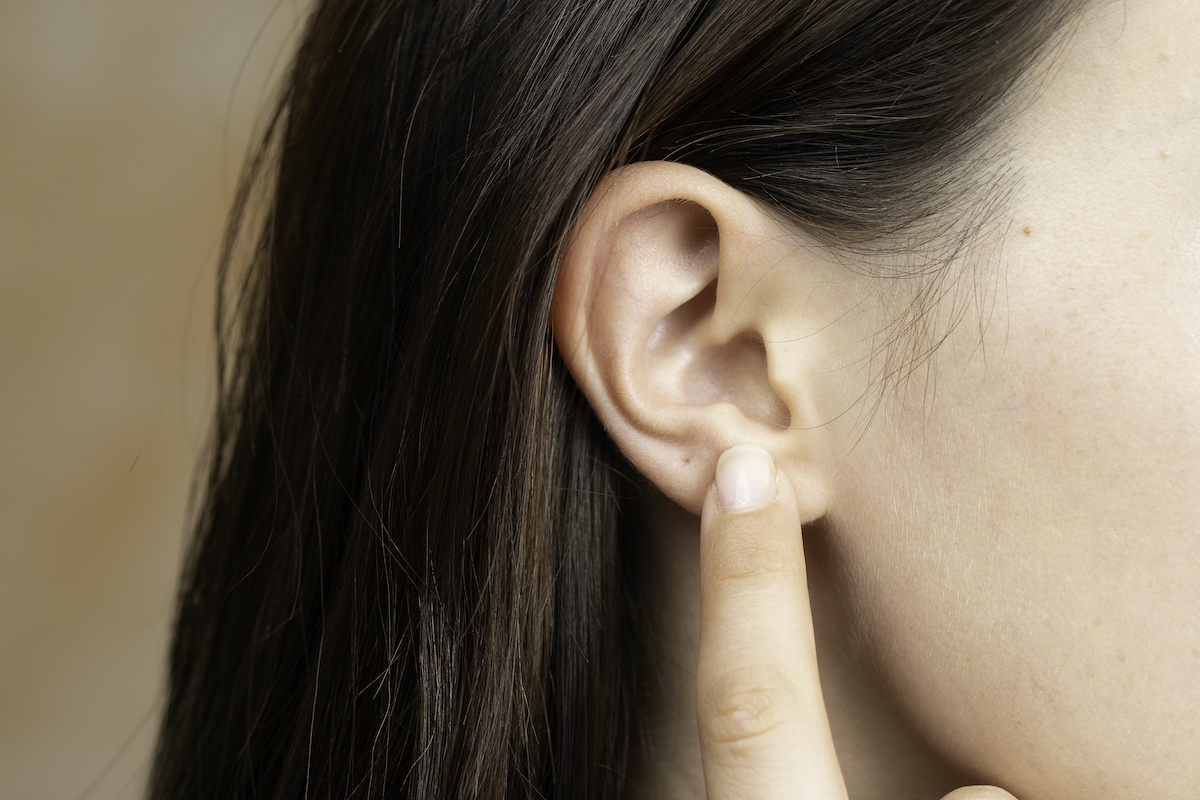 There are many reasons you might need earlobe repair. Generally, this type of procedure is done to repair the earlobe when it has been torn or ripped in an accident, as a result of a piercing, or stretched by gauged jewelry. While other facilities may offer this service, it’s a wise idea to visit a dermatologist experienced in performing this type of corrective procedure. This can ensure the earlobe is repaired correctly and that the healed earlobe won’t appear scarred or misshapen.
There are many reasons you might need earlobe repair. Generally, this type of procedure is done to repair the earlobe when it has been torn or ripped in an accident, as a result of a piercing, or stretched by gauged jewelry. While other facilities may offer this service, it’s a wise idea to visit a dermatologist experienced in performing this type of corrective procedure. This can ensure the earlobe is repaired correctly and that the healed earlobe won’t appear scarred or misshapen.
What is Involved in an Earlobe Repair Procedure?
The surgeon will usually begin the procedure by slicing the lobe into two flaps. “This allows the surgeon to reshape the earlobe to give it a more natural appearance,” explains Dr. Jennifer Vickers, a board-certified dermatologist at Sanova Dermatology in Austin, Texas. “After each side of the split lobe is cleaned and prepared, they’re stitched together,” she continues. The stitches may follow a zigzag pattern, which helps build a stronger bridge between the two sides. Additionally, the zigzag pattern helps ensure the earlobe won’t break apart again in the same place. In some cases, the doctor may also apply a wound dressing, especially if he’s concerned about the healing wound getting infected.
Risks of the procedure are low, although there is a small risk of infection. It is important to seek out a board-certified and trained dermatologist to perform the procedure, so you can feel more assured that he or she will follow proper procedures and provide the best outcome.
What Can You Expect From an Initial Consultation?
The initial consultation between the doctor and yourself will serve a couple of purposes. “First, the doctor will examine your ear and determine the best procedure to repair the earlobe,” says Dr. Vickers. He or she will discuss this with you at that time so that you’ll fully understand what will be involved and how recovery will proceed. Secondly, this is also the time to bring up any concerns or questions you may have. Your doctor will answer all of your questions, which can help alleviate any apprehension you may feel about the procedure.
Contact Us
Contact us about your condition and learn what an experienced and professional caregiver can do to help you.
